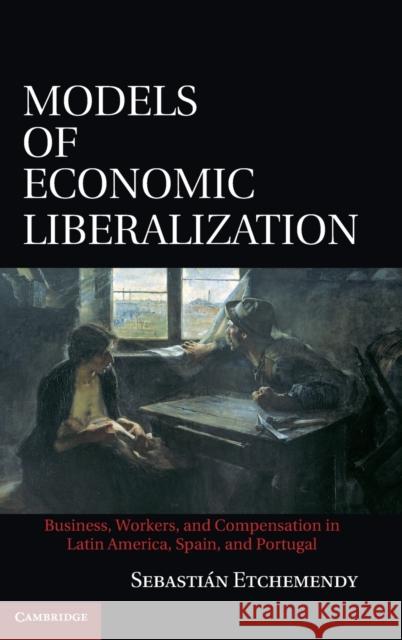Models of Economic Liberalization: Business, Workers, and Compensation in Latin America, Spain, and Portugal » książka
Models of Economic Liberalization: Business, Workers, and Compensation in Latin America, Spain, and Portugal
ISBN-13: 9780521763127 / Angielski / Twarda / 2011 / 374 str.
Models of Economic Liberalization: Business, Workers, and Compensation in Latin America, Spain, and Portugal
ISBN-13: 9780521763127 / Angielski / Twarda / 2011 / 374 str.
(netto: 324,17 VAT: 5%)
Najniższa cena z 30 dni: 336,29
ok. 16-18 dni roboczych.
Darmowa dostawa!
This book provides the first general theory, grounded in comparative historical analysis, that aims to explain the variation in the models of economic liberalization across Ibero-America in the last quarter of the 20th century, and the legacies they produced for the current organization of the political economies. Although the macroeconomics of effective market adjustment evolved in a similar way, the patterns of compensation delivered by neoliberal governments, and the type of actors in business and the working class that benefited from them, were remarkably different. Based on the policy-making styles and the compensatory measures employed to make market transitions politically viable, the book distinguishes three alternative models: Statist, Corporatist, and Market. Sebastian Etchemendy argues that the most decisive factors that shape adjustment paths are the type of regime and the economic and organizational power with which business and labor emerged from the inward-oriented model. The analysis spans from the origins of state, business and labor industrial actors in the 1930s and 1940s to the politics of compensation under neoliberalism across the Ibero-American world, combined with extensive field work material on Spain, Argentina, and Chile."











